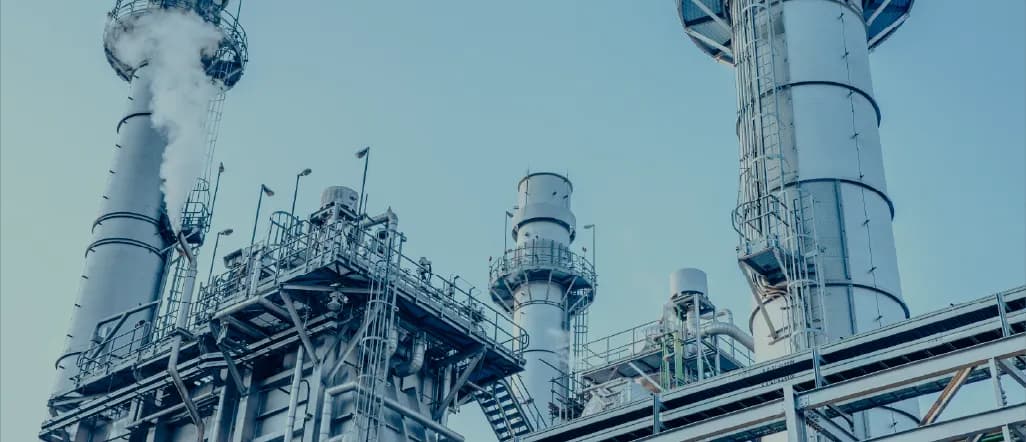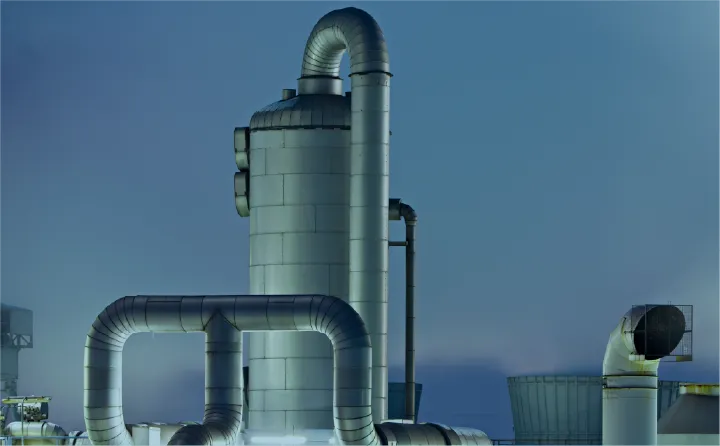ProClime's Energy Efficiency Enhancement Program is dedicated to advancing the sustainability and cost-effectiveness of industrial operations by integrating cutting-edge energy-efficient technologies and practices. This comprehensive initiative is designed to optimize energy use, reduce operational costs, and promote environmentally friendly practices across various industrial sectors. The key components of this program are:
Equipment Upgrades:
Modernizing industrial equipment with state-of-the-art, high-efficiency models to reduce energy consumption and enhance performance.
Process Efficiency Improvements
Enhancing existing industrial processes through energy audits, streamlining workflows, and implementing process optimization techniques.
Best Practices Integration
Adopting and standardizing best practices for energy management, including staff training, energy management systems, and regular maintenance.
Energy Consumption Reduction
Significantly lowering overall energy consumption through targeted interventions to reduce utility bills and reliance on non-renewable energy sources.
Emission Reduction:
Minimizing the carbon footprint of operations by cutting greenhouse gas emissions, supporting climate goals, and ensuring regulatory compliance.
Operational Performance Enhancement:
Increasing equipment reliability, reducing downtime, and enhancing the overall effectiveness of industrial processes.
Financial Benefits:
Generating substantial financial savings by lowering energy costs and reducing maintenance expenses, delivering a strong return on investment.
Sustainability Promotion:
Supporting the transition to more sustainable industrial practices, aligning with global sustainability goals and fostering greener, more responsible industrial operations.







